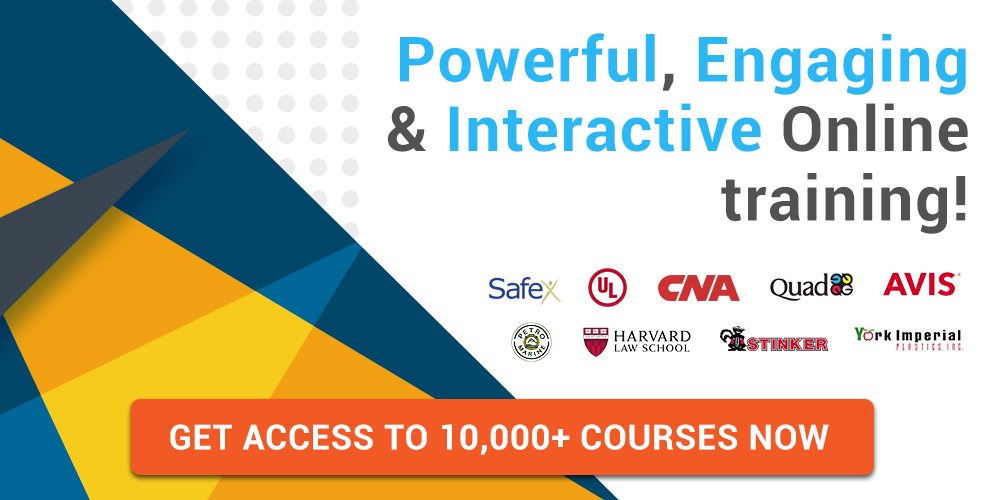Predictable Revenue: The Key to Consistent Sales Growth
Welcome to the exciting world of sales terminology! In sales, understanding the jargon is akin to speaking the language of success. So, let’s decode some crucial sales terms and address the big question: What Is Predictable Revenue?
Enroll – It’s Not About Price: Value Selling In Today’s Markets
Predictable Revenue: A Fundamental Concept
Predictable revenue is an excellent business strategy. It helps create a consistent and reliable stream of income. It implements systems and processes enabling a company to forecast and anticipate revenue. And that too with a high degree of accuracy.
Enroll – Calculating Your Revenue Engine’s Horsepower-Course
This predictability in revenue can come from various sources, such as:
- Subscription-based models;
- Recurring sales
- Well-defined sales processes.
It reduces the uncertainty and financial volatility that businesses often face. This strategy often involves the following:
- Segmenting and targeting specific customer groups;
- Optimizing sales and marketing efforts;
- Creating a reliable sales pipeline that consistently generates revenue.
Purchase Now – Predictable Revenue Toolkit
The Sales Funnel Demystified
To truly grasp predictable revenue, you need to understand its place in the grand scheme of sales – the sales funnel.
Sales Funnel Basics
Imagine a funnel – wide at the top and narrow at the bottom. That’s your sales funnel. It represents the journey a potential customer takes, starting with awareness and ending with a purchase. The stages within the funnel include lead generation, nurturing, and conversion.
Learn – Basic Selling Skills
Predictable Revenue’s Role in the Sales Funnel
Predictable revenue comes into play primarily in the lead generation stage. By systematically reaching out to potential customers, you’re consistently filling the top of your sales funnel with qualified leads. This approach boosts your chances of converting those leads into paying customers further down the funnel.
Cold Calling vs. Cold Emailing
Ah, the age-old debate of cold calling versus cold emailing – which is more effective in today’s sales landscape? Let’s break it down.
Cold Calling: What Is It?
Cold calling is like the traditional heavyweight champion of sales tactics. It involves reaching out to potential customers via phone without any prior interaction. While it can be effective, it’s also known for being a bit like a hit-or-miss strategy.
Enroll – Sales Skills Training Pathway (Course)
Cold Emailing: A Modern Approach
In the opposite corner, we have cold emailing – the agile newcomer to the sales arena. This method entails sending out well-crafted, personalized emails to prospects. It’s less intrusive than cold calling and allows you to reach a broader audience efficiently.
Enroll – Writing Professional Emails (Course)
Predictable Revenue and Cold Emailing
Predictable Revenue often aligns more seamlessly with cold emailing. When you send a batch of personalized emails to your target audience, you can predict the number of responses and leads you’re likely to generate. It’s a more systematic approach that lends itself well to the Predictable Revenue model.
Enroll – Handling Challenging Customers
Inbound vs. Outbound Sales
Sales strategies can be broadly classified into two categories: inbound and outbound.
Inbound Sales: A Customer-Centric Approach
In inbound sales, prospects come to you naturally. It’s a customer-centric approach that involves the following:
- Creating valuable content;
- Optimizing your website;
- Using social media.
Outbound Sales: Taking the Initiative
In outbound sales, you take the initiative to reach out to potential customers. This can involve:
- Cold calling;
- Cold emailing;
- Direct outreach through various channels.
Outbound sales are for businesses looking to scale quickly.
Enroll – Sales Management Course
Lead Generation Techniques
Lead generation is about finding and attracting leads (individuals or companies) interested in your products or services. These leads represent potential future customers. It is the lifeblood of sales. Without a steady influx of potential customers, your business can stagnate.
Some common lead generation techniques include:
- Content marketing;
- Social media marketing;
- SEO
Enroll – Sales Relationships Course
Predictable Revenue’s Impact on Lead Generation
Predictable revenue takes lead generation to the next level. You can generate a predictable stream of leads by implementing systematic outbound sales strategies. This ensures a consistent flow of potential customers entering your sales funnel.
Enroll – Social Media Marketing Course
Sales Automation and CRM Systems
In the sales environment, sales automation and Customer Relationship Management (CRM) is the name of the game.
Enroll – Relationship Selling Course
Streamlining Sales: Introduction to Automation
Sales automation involves using technology to streamline repetitive tasks. It includes
- Data entry;
- Email follow-ups;
- Lead tracking.
It frees up your sales team’s time to focus on what they do best – SELLING.
The Role of Automation in Sales
Automation ensures that no lead slips through the cracks. For example, when leads enter your system through a web form, with automation, they are immediately added to your CRM, assigned to the right salesperson, and sent a personalized follow-up email.
Enroll – Handling Challenging Customers
Popular Sales Automation Tools
There are several fantastic tools available for sales automation including:
- HubSpot;
- Salesforce;
- Pipedrive
These tools offer a range of features to streamline your sales processes, from lead scoring to email automation.
Predictable Revenue and CRM Integration
Predictable Revenue can seamlessly integrate with your CRM system. This means that your outbound sales campaigns, lead generation efforts, and revenue forecasting all work harmoniously within your CRM.
Enroll – Sales Forecasting For The Salesperson
Common Misconceptions About Predictable Revenue
Predictable Revenue is undoubtedly a powerful sales strategy, but it’s not without its fair share of myths and misconceptions. Let’s debunk some of the most common ones.
Debunking Predictable Revenue Myths
- Myth #1: Predictable Revenue Is Only for Large Companies Reality check: Predictable Revenue can benefit businesses of all sizes. It’s about building a systematic approach to lead generation, and any company can do that, no matter their size.
- Myth #2: Predictable Revenue Is a One-Size-Fits-All Solution While the principles of Predictable Revenue are universal, the implementation varies from business to business. It’s highly adaptable and can be tailored to suit your specific industry and target audience.
- Myth #3: Predictable Revenue Guarantees Instant Results While Predictable Revenue can yield impressive results, it’s not a magic wand. It takes time to fine-tune your strategies and start seeing consistent results. Patience and persistence are key.
Enroll – Finance For Project Managers
Implementing Predictable Revenue in Your Sales Strategy
Now that you have a solid understanding of Predictable Revenue and have cleared up some misconceptions let’s explore how to put this powerful strategy to work for your business.
Steps to Integrate Predictable Revenue
- Assessing Your Sales Team’s Readiness: Before diving in, evaluate your team’s skill set and willingness to adopt Predictable Revenue practices. Training and coaching might be necessary.
- Setting Realistic Goals: Define clear, measurable objectives for your Predictable Revenue strategy. What revenue targets do you aim to achieve, and in what timeframe?
- Training and Onboarding: Ensure your team is well-trained in the Predictable Revenue methodology. This includes understanding the sales funnel, effective outreach, and CRM utilization.
Enroll – Onboarding New Employees Course
Measuring Success: Key Metrics to Track
- Monitoring Predictable Revenue’s Impact: Keep a close eye on the performance of your Predictable Revenue initiatives. Track metrics like lead conversion rates, revenue growth, and sales cycle length.
- Adjusting Your Strategy: Don’t be afraid to pivot if something isn’t working as planned. Predictable Revenue is about continuous improvement. Analyze the data, gather feedback, and refine your approach accordingly.
Conclusion
Predictable revenue is a dynamic strategy. It evolves when your business evolves. Harness its power until you can. Take continuous training for sales success. Good luck, and happy selling!









